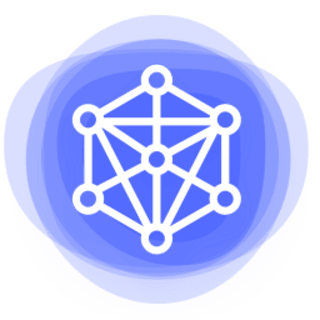No-code & Other Databases
There's been an emergence over the last few years of tools being used for databases that wouldn't fit the traditional definition of a database.
Tools like Airtable serve early stage startups or non-technical teams with their ease of use and flexibility. Some teams are even using Google Sheets as a database by integrating with the Sheets API. Time will tell how these solutions scale and if they are able to replace traditional databases altogether.
Also, non-technical or so-called "no-code" databases like Xano, Backendless, or Canonic have entered the market, with the promise of greater ease of use and flexibility.
Note: One gap in our methodology for this category was the omission of how these products have been used and if teams are using them for internal databases (CRM, etc) or to back products. Future studies will add questions to dig deeper into that.
No-code & Other Databases
There's been an emergence over the last few years of tools being used for databases that wouldn't fit the traditional definition of a database.
Tools like Airtable serve early stage startups or non-technical teams with their ease of use and flexibility. Some teams are even using Google Sheets as a database by integrating with the Sheets API. Time will tell how these solutions scale and if they are able to replace traditional databases altogether.
Also, non-technical or so-called "no-code" databases like Xano, Backendless, or Canonic have entered the market, with the promise of greater ease of use and flexibility.
Note: One gap in our methodology for this category was the omission of how these products have been used and if teams are using them for internal databases (CRM, etc) or to back products. Future studies will add questions to dig deeper into that.
No-code & Other Databases
There's been an emergence over the last few years of tools being used for databases that wouldn't fit the traditional definition of a database.
Tools like Airtable serve early stage startups or non-technical teams with their ease of use and flexibility. Some teams are even using Google Sheets as a database by integrating with the Sheets API. Time will tell how these solutions scale and if they are able to replace traditional databases altogether.
Also, non-technical or so-called "no-code" databases like Xano, Backendless, or Canonic have entered the market, with the promise of greater ease of use and flexibility.
Note: One gap in our methodology for this category was the omission of how these products have been used and if teams are using them for internal databases (CRM, etc) or to back products. Future studies will add questions to dig deeper into that.





